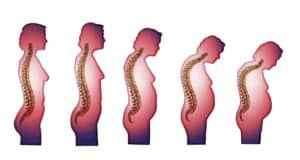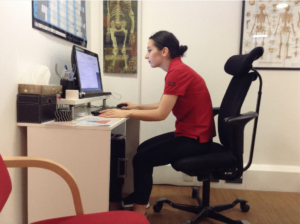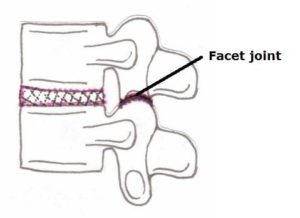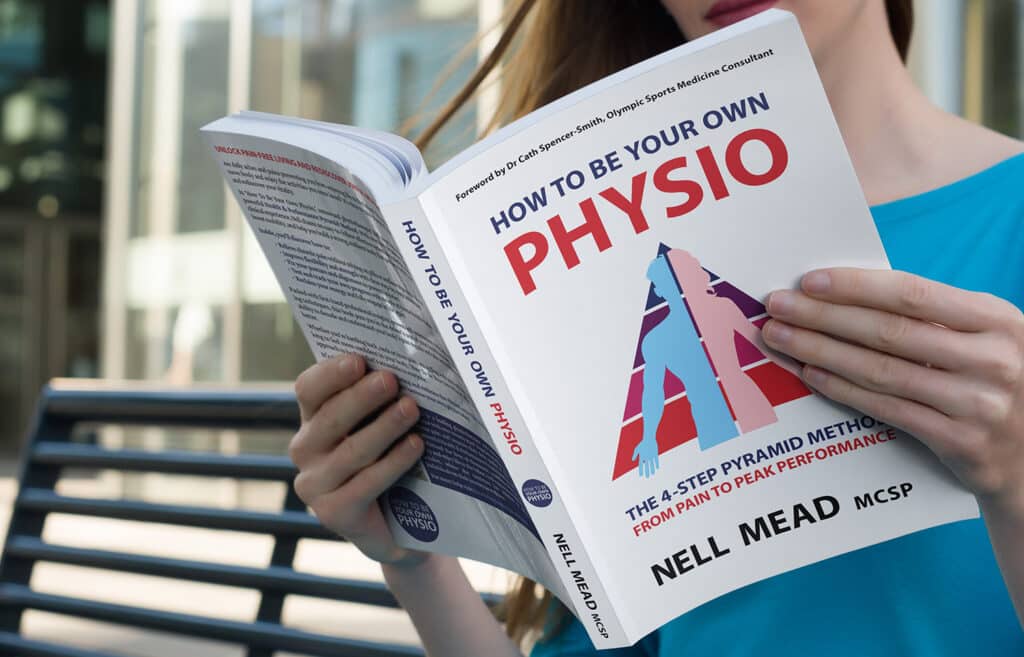
Why we lose height as we get older (and what to do about it!)
A recent study showed that height loss in middle age can correlate to heart disease. So how do we reduce the risk of height loss?
If you’re looking for slipped disc physiotherapy, and need a therapist who is thorough and thinks outside the traditional physiotherapy box, then look no further!
Get in contact
Just call my London team on
0207 175 0150 or use the form below and let me help you get better.
Just call my London team on 0207 175 0150 or use the form here.
Did you know that it’s pretty much impossible for a spinal disc to actually slip? Spinal discs are held very firmly in place by a combination of pressure from the surrounding tissues, and some very strong ligaments which are directly attached to them. And yet, the phrase “slipped disc” has somehow become very popular, evoking a host of unrealistic and scary ideas as to what may actually be going on in your spine when you have back pain.
What can happen however is that, after a long period of chronic compression – or possibly a sudden powerful compression, such as a fall from a height – the outer layer of the disc (the annulus fibrosus) can bulge like a saggy car tyre and eventually crack, allowing some of the jellylike interior (the nucleus pulposus) to start to protrude, leaking acid painfully onto the nerve roots. It’s generally the leaking acid, rather than the physical bulge, that causes the pain – around 80% of adults are walking around with the odd bulging disc, and relatively few of us have symptoms!
When you come to see me for an assessment of your “slipped disc”, I’ll be looking at your back and how it moves to understand the extent of the damage; but I’ll also be analysing your whole body to understand why that one particular disc is under so much pressure. For example – is it compensating for an old neck or upper back injury; or is it reacting to years of limping after a poorly-rehabilitated ankle sprain?
My role is not only to help your back to feel better in the present, but also to help you understand where the problem has originated from, so that you can stop compressing the symptomatic disc and prevent the issue recurring in the future. So don’t be surprised if you find yourself being prescribed ankle flexibility or neck strengthening exercises, as well as or instead of the spinal flexibility or core strengthening work you might be expecting!
Follow-up sessions if required are usually an hour – it’s important to me to be very thorough when it comes to slipped disc physiotherapy, as I want to be the last back physiotherapist you need.
At my London physio clinic I see patients with a variety of back issues including
Learn more about the following back physiotherapy I provide
Where i share my logical and simple formula to help you improve your own body. See all my slipped disc physiotherapy related videos.
As a leading slipped disc physiotherapist in London, I regularly write about injuries, treatment and assessment techniques.

A recent study showed that height loss in middle age can correlate to heart disease. So how do we reduce the risk of height loss?

As more of us take up office work or desk jobs, the number of ‘chair shaped’ people is rising fast. This can lead to stiff, sore muscles and a higher risk of injury – so how can you solve it?

Continuing the Sarah Key series, this week Nell discusses stage 4 of back pain – disc prolapse

A recent study showed that height loss in middle age can correlate to heart disease. So how do we reduce the risk of height loss?
Simply fill in the form and my team will call you
Quick Links
Address
Longcroft House
2-8 Victoria Ave
London
EC2M 4NS
Are you tired of quick fixes that leave you back at square one? Ready to take control of your health with evidence-based strategies?
My book isn’t just another health tome – it’s your ticket to understanding your body and conquering both niggles and long-standing symptoms.
